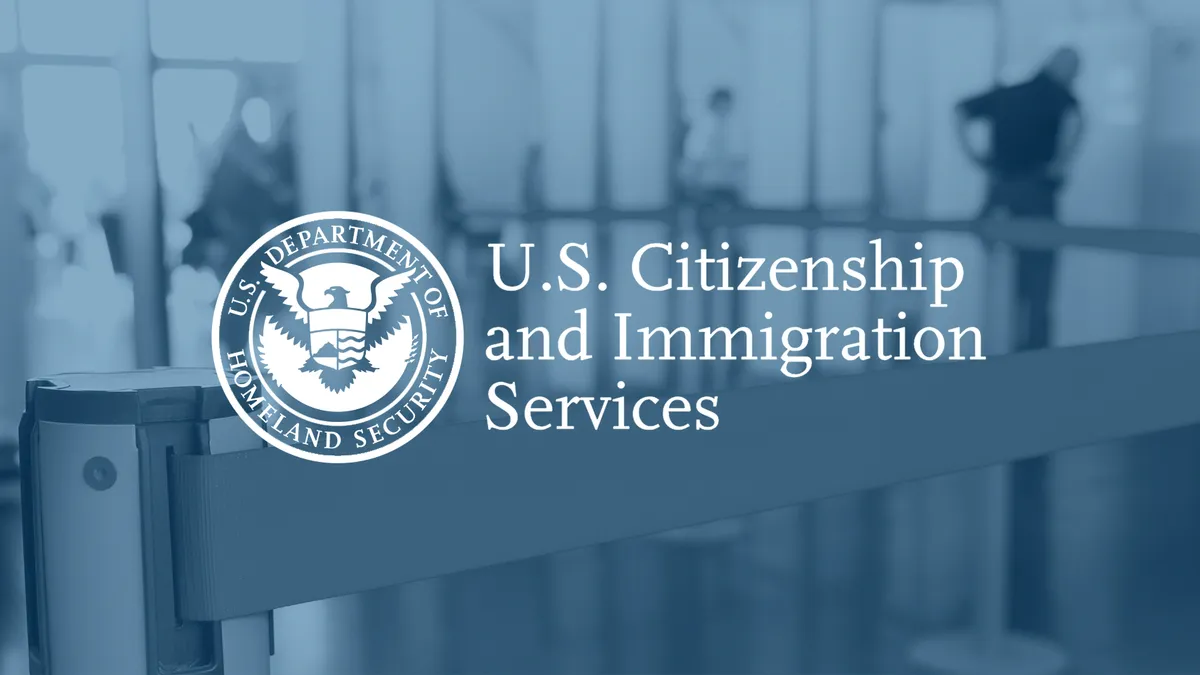Dive Brief:
- U.S. Customs and Immigration Services (USCIS) has resumed premium processing for H-1B petitions filed on or before Dec. 21, 2018. The previously announced temporary suspension of premium processing is still in effect for petitions filed on or after Dec. 22, 2018.
- Employers that received a transfer notice for a pending H-1B petition and are requesting premium processing service must submit requests to the service center handling their petition. Employers should include a copy of the transfer notice with their request to avoid further processing delays. And if they received a request for evidence (RFE) for a petition, they should also include the RFE response with the premium processing request, according to USCIS.
- When H-1B petitioners request USCIS's premium processing service as instructed, the agency will guarantee a 15-day processing time. If certain adjudicative action isn't taken within the 15‑day processing time, USCIS said it will refund petitioners' premium processing service fees and continue processing petitions.
Dive Insight:
The agency announced a delay in the premium (or fast-track) processing system nearly a year ago. At the time, there was speculation that employers could lose the $1,225 fee they paid for expedited processing, so the refund announcement may come as some relief. USCIS announced that it would resume premium processing for fiscal year 2019 petitions in late January, following the longest government shutdown to date.
The agency's heavy workload — due to the volume of petitions — remains a concern for employers. Requests for foreign workers have far outnumbered the spots available, and RFEs have been up as well.
What's more, the federal government recently announced changes to the program. Among other things, new regulations reverse the order by which USCIS will select H-1B petitions; the agency said it expects the lottery reversal to increase the number of individuals with advanced degrees from U.S. institutions selected for further processing. The rule also implements an electronic registration requirement for H-1B cap-subject petitions, which DHS said it anticipates introducing for the FY 2021 cap season.













